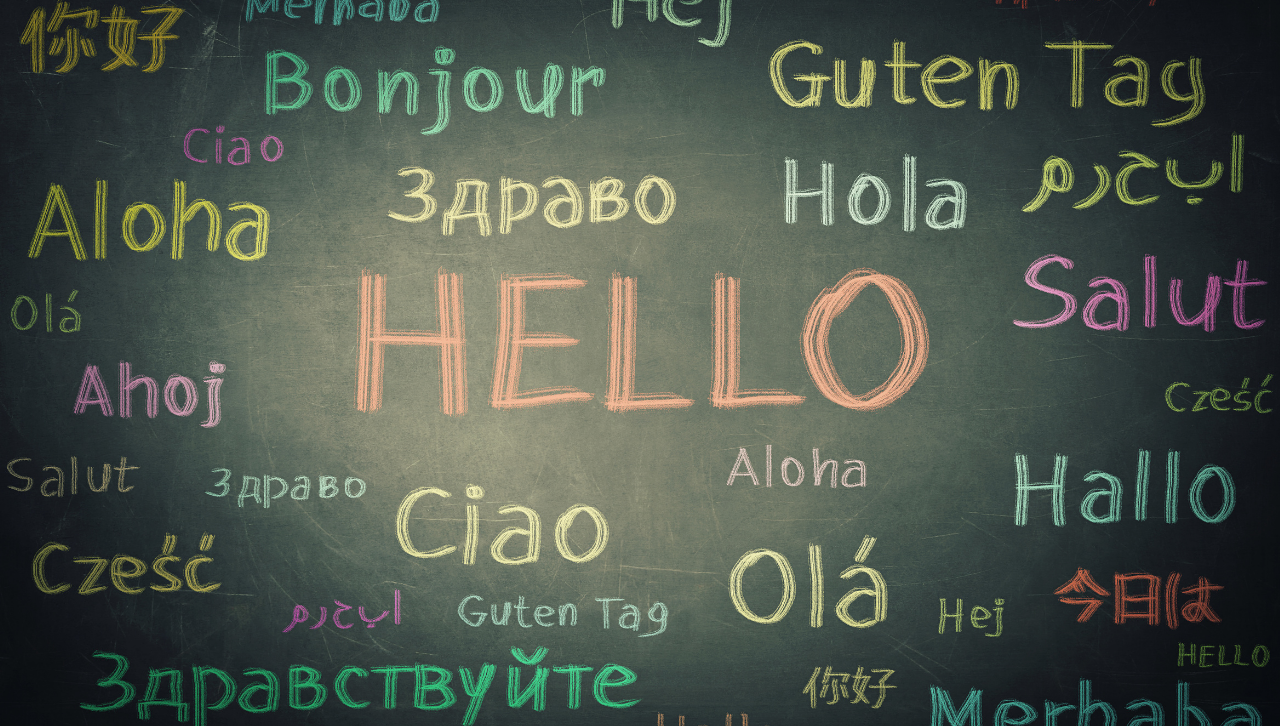Open Doors by Learning a Language, Alumni Tell Their Stories

The University of Scranton prides itself on the metaphorical doors it is able to open for its students through education. One such way students can open even more doors is by learning a world language. For many alumni of the University’s Department of World Languages and Cultures, their lives were forever changed after obtaining a major, minor or concentration in another language.
“Learning a language while at Scranton had a profound impact on the opportunities I’ve since had in the workforce,” said Linda Neilan, a former secondary education and Spanish double major.
After graduating in 1994, Neilan decided to pursue service full time through the Jesuit Volunteer Corps. Because of her Spanish studies at Scranton, she had enough skills to qualify for and obtain her top volunteer choice: a non-profit law firm in Los Angeles.
Neilan has since built up quite a resume: teaching Spanish at a Jesuit high school, obtaining her law degree, representing all kinds of workers in New York City and serving as a foreign service officer in Brazil and Mexico.
Many of the alumni of the Department of World Languages and Cultures have seen changes in their personal life after learning another language. Michael Canaris, Ph.D. graduated from The University of Scranton in 2002 as a philosophy and theology double major. While at Scranton, Canaris also obtained a concentration in Italian studies. He described his experience in the University’s language classes, especially those with Dr. Picchietti, as transformative.
“Dr. Picchietti really inspired me to not only learn the language but really immerse myself in the culture and history and food and art of Italy,” Canaris said. “This has taken on a really personal dimension to me.”
Canaris currently works at Loyola University in Chicago, coordinating summer graduate programs in Rome. While his Italian skills have served him well in his profession, they have also impacted Michael’s personal life as well. Because of his Italian skills, Canaris lived in Europe for a period of time during which he met his wife, Valeria. In fact, Canaris ended up proposing to Valeria at the Apostolic Palace at Castel Gandolfo on American Thanksgiving. When the couple later rejoined friends and colleagues for an event celebrating the holiday for American ex-pats, Canaris's friend made a toast.
“He toasted Valeria and me in three languages that night, so everyone in the room could understand in Spanish, Italian and English,” Canaris said. “It was such a wonderful experience of living in a global church, in a global academy as an academic and that lived experience of celebrating such a wonderful milestone moment in my life in these various languages and these various cultures.”
Elena Habersky, who graduated from the University in 2013 as an international studies major and theology, philosophy and Arabic triple minor, also had many professional and personal opportunities open for her by learning another language. Habersky loves being able to travel. She always takes the time to learn basic phrases (e.g. thank you, how much) in the mother language of the country she’s traveling to.
“I’ve found that people really appreciate the effort,” Habersky said.
After graduating from the University, Habersky obtained a Fulbright in Jordan. One of the main reasons she was placed in Jordan was because of the Arabic skills she developed as a Scranton student. Habersky is now a researcher at the American University in Cairo. One of her main research projects centers on refugee entitlements in Egypt.
With the world being so connected today, Habersky finds that learning another language is a valuable skillset that everyone should study at some point in their academic careers.
“I feel it should be a requirement for students, if not all Americans,” Habersky said. “It is also important to have some sort of international experience before you graduate. It really helps you grow as a global citizen.”






